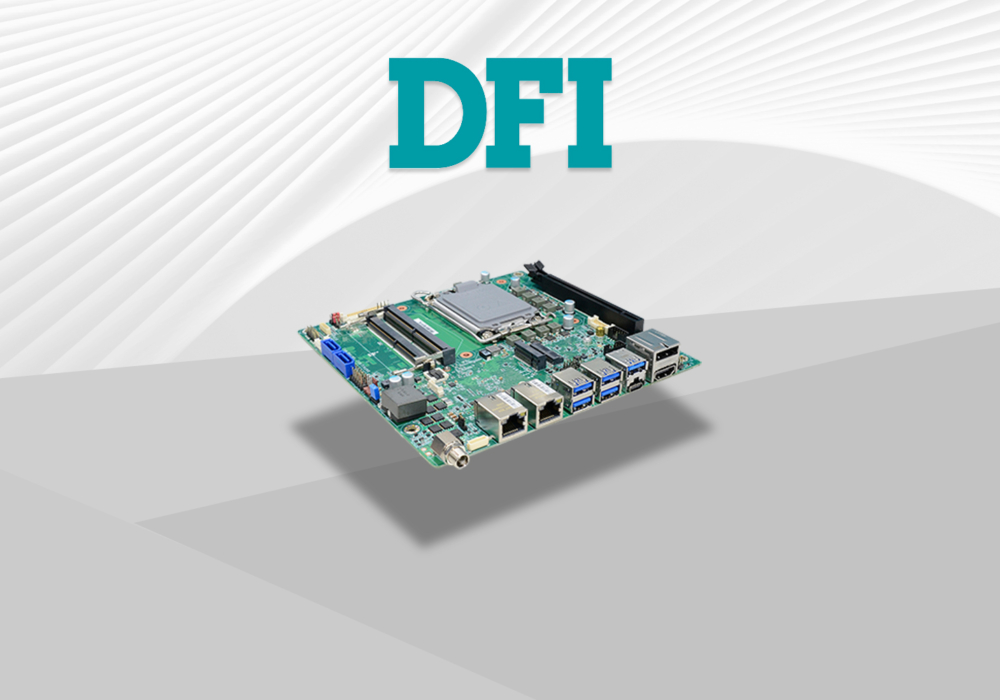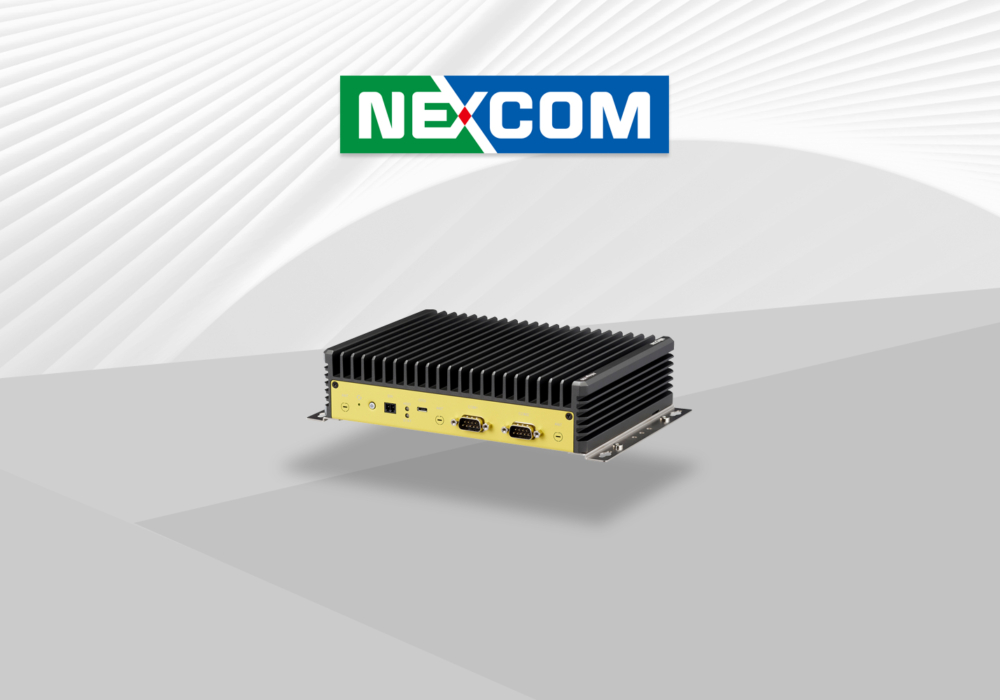Intel Will Raise the Price of its CPUs by Up to 20%
Intel has announced it will raise prices on a majority of its microprocessors and peripheral chip products later this year, citing rising costs.
The biggest U.S. chipmaker plans to raise prices this autumn on flagship products such as central processing units for servers and computers, where it dominates the market, as well as on a wide range of other items, including chips for Wi-Fi and other connectivity.
Intel says the price hikes are required because of the surging costs for production and materials. The percentage increases have not been finalized and could be different for different types of chips, but are likely to range from a minimal single-digit increase to more than 10% and 20% in some cases.
Intel’s move comes amid an inflation surge in the U.S. and around the world. The U.S. reported consumer prices rose 9.1% in June, a 40-year record.
While rising costs of commodities, materials, shipping and labour have all heaped pressure on the chip industry, inflation has also clouded the outlook for consumer spending, making pricing decisions particularly fraught.
Demand for smartphones, PCs, TVs and game consoles weakened earlier this year and device makers have indicated that inventories of unsold items are mounting.
Samsung Electronics has told suppliers of a range of its products to halt shipments.
Many of Intel’s key PC clients, such as Acer and Asustek Computer, have publicly warned of a downturn. Acer Chairman Jason Chen on Wednesday told reporters that his company is no longer suffering a chip shortage. “Some of the chip suppliers’ CEOs even called me recently to buy more chips from them,” he said. “The situation has changed.”
Intel warned of weakening demand in its last earnings conference in April and has reiterated the gloomy macroeconomic outlook at subsequent events.
In the same earnings call, Intel executives hinted at price rises to come. CEO Pat Gelsinger has said the company would “remix the products to higher price points.” CFO Dave Zimmer added it was “looking for targeted price increases in certain segments.”
In a statement to Nikkei Asia, the company said, “On its Q1 earnings call, Intel indicated it would increase pricing in certain segments of its business due to inflationary pressures. The company has begun to inform customers of these changes.”
First reported, less than a year after its largest price increase in a decade, the world’s biggest contract chipmaker Intel’s Asian peer Taiwan Semiconductor Manufacturing Co, has told clients it will raise prices by a “single-digit” percentage starting in 2023.
A smaller chipmaker, China’s Semiconductor Manufacturing International Corp, also told investors that it will reflect rising costs of materials by raising its prices, otherwise the increased production costs would erode its gross margin by 10%.
Suppliers of chip materials such as Shin-Etsu Chemical, Sumco and Showa Denko have all told clients they will increase prices by at least 20%.
Doris Hsu, CEO of GlobalWafers, the world’s No. 3 wafer material maker, also recently confirmed it was raising prices for chipmaking customers.
However, thanks to the crypto mining crash, GPUs have finally become more widely available and prices have fallen back down to manufacturer’s retail pricing. Those looking to build a PC are best positioned to do so right now as the price of GPUs is low and before CPU prices rise.
Those who want to stay on the cutting edge though, must weigh that choice against the expectation of NVIDIA’s new 40-series GPUs that are expected in the coming months as well as Intel’s Raptor Lake processors that could come to market as early as this winter.
Whatever the case, these pricing changes are sure to affect those shopping for the holidays this November and December.










